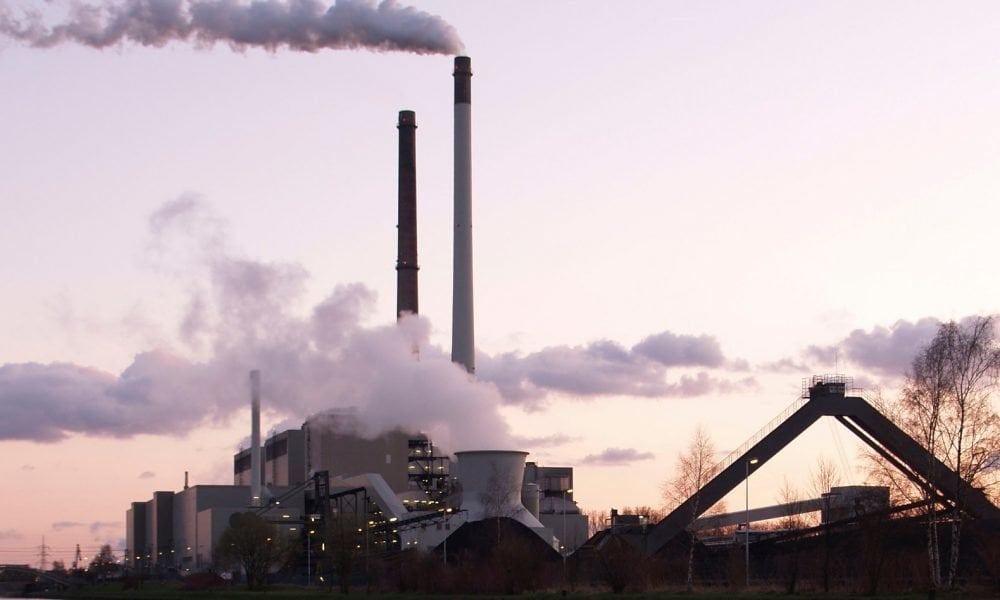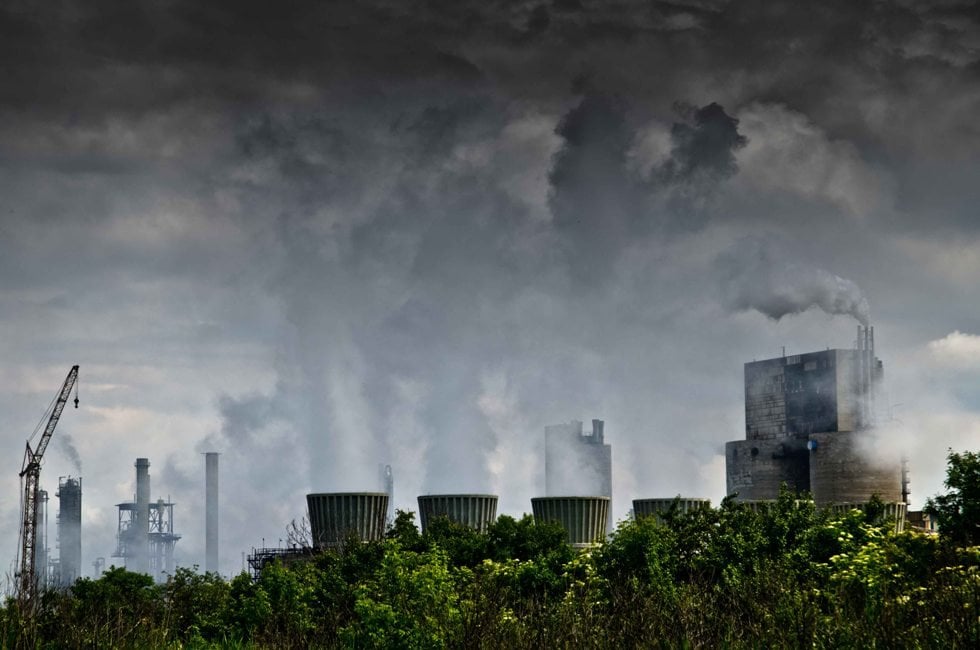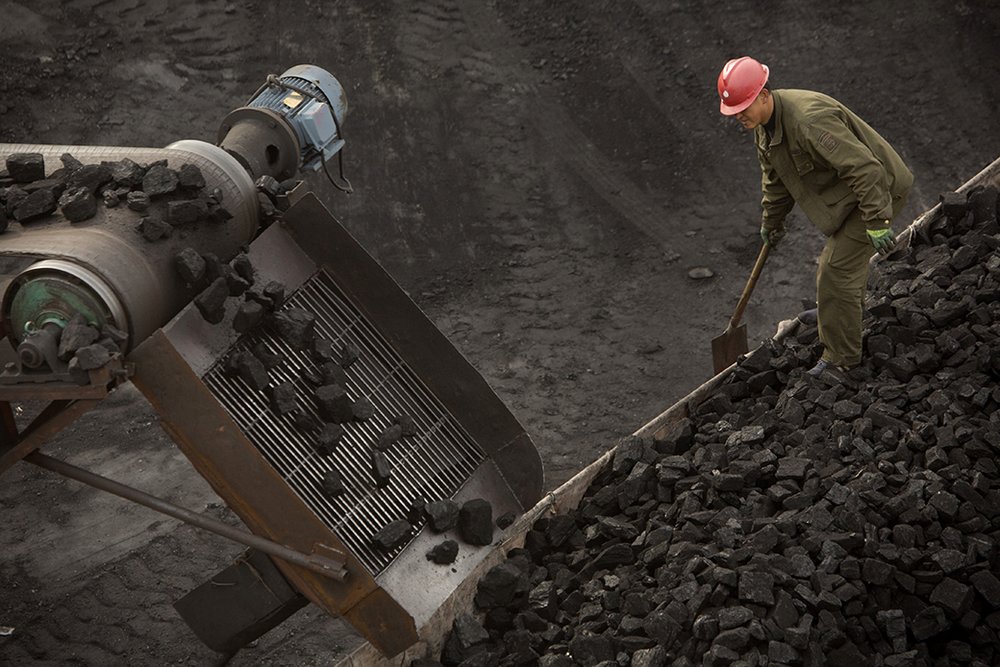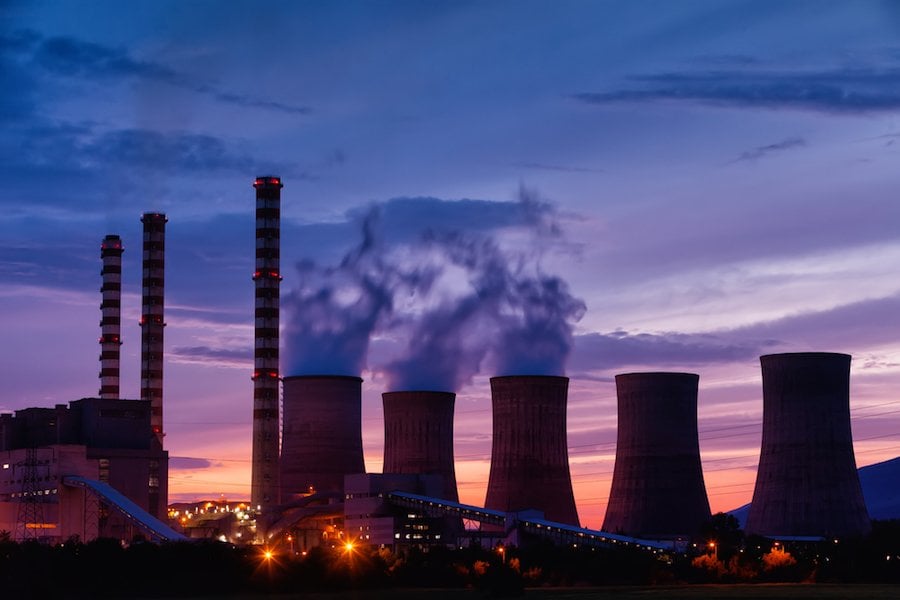
The Coal Truth: U.K. Adapts Renewable Energy, Goes 55 Hours without Using Coal

According to the news, the world is going green. For the longest time ever, coal was a dependable source of energy, powering the world’s biggest economies for more than a century.
However, the scene is rapidly changing. Renewable energies are all the hype due to the great benefits they have on the environment. On the other hand, coal is known to be a non-renewable source of energy and actively contributes to the greenhouse effect.
Scientists have well documented over time that burning coal is the worst way to generate electricity. This is because coal is the single largest source of carbon dioxide emissions from human activity. In addition, methane, a dangerous greenhouse gas gets released into the atmosphere. Compared to carbon dioxide, methane is 84 times as powerful when it comes to climate disruption over a 20-year period.

In essence, coal contains vast amounts of carbon in its composition. Thus, coal is a carbon-intensive energy source. So much so that when compared to burning gas for the same amount of energy, coal produces double the greenhouse emissions
Composition
To fully comprehend the extent of coal’s damage to the environment, one needs to consider the lifespan of most coal plants. Typically, cars don’t have very long lifespans while coal plants can be in full operation for 40 plus years. Once the math is done, the only possible conclusion is that all those years will be spent polluting the environment.
Between 2010 and 2014, coal generation stood at an average of 200 MW a day. This means that we have continually been driving the climate change agenda. Given the ease and convenience of coal, there are plans world over to set up additional coal power plants to serve the masses. Should such plans go ahead, carbon dioxide emissions from coal will rise up to 60 percent by 2030.

To avoid a catastrophic scenario in the years to come, world leaders need to focus on the implementation of environmentally conscious sources of energy. At present, we have the 2015 Paris Agreement that stipulates that the era of fossil fuels, coal in particular, is about to come to a crashing finale
In the European Union, coal consumption has been rapidly declining since 2012. Given the fact that UK considers itself no longer a part of the EU after Brexit, they have given themselves set targets when it comes to the eradication of coal use. By 2025, the UK plans to cease all use of coal to power industries.
Welcome Move

In 2016, UK’s carbon dioxide emissions fell by 5.8 percent in 2016 after coal production was reduced by 52 percent
The recent action by U.K to break the previously held record, 40 hours, to the current record, 55 hours, is no small feat. The record was set in London between the hours of 10.25pm on Monday and 5.10 am on Thursday.
The move is part of a larger plan by the government to switch off coal plants bitwise until 2025. A slight caveat of this plan is that some coal plants may not be switched off if they are fitted with carbon capture technology. The plan is to lower carbon and greenhouse emission by up 80 percent of the previous high 1990 levels in the next 3 decades.
Just a decade ago, the UK parliament strengthened its resolve by enacting the Climate Change Act that would foresee the implementation of stringent laws aimed at reducing the nation’s carbon footprint. Incredibly, the plan seems to be already working.
Statistics show that in 2017, greenhouse gas emissions rapidly declined by as much as 3 percent while coal use also dropped. In addition, investments made in renewable sources of energy rose.
At present, the UK leads Europe when it comes to the adoption of offshore wind turbines. It is important to note that paired with the solar panels found aplenty in the nation, the UK has grown in leaps and bounds towards the creation of a green future. When the two combined last month, history was made. Why? More energy was produce than nuclear for the first time ever.
More in Business
-
Why American Consumers Are Falling Behind on COVID-Era Debt
When the world was grappling with the health crisis brought on by COVID-19, the U.S. economy faced an equally formidable challenge:...
November 27, 2023 -
Dr Dre and Ex-Wife Nicole Young Finalise $100m Divorce Settlement
After months of legal proceedings, Dr Dre, the legendary rapper, producer, and businessman, officially brought his tumultuous divorce from ex-wife Nicole...
November 22, 2023 -
5 Tell-Tale Signs That It Is Time to Say Goodbye to Your Current Job
Are you feeling like your job is more like a ball and chain than a fulfilling career? The daily grind, the...
November 19, 2023 -
WWE Signs $1.4 Billion Broadcasting Contract for SmackDown
In an explosive turn of events, World Wrestling Entertainment (WWE) has just unleashed some earth-shattering news for its legions of fans....
November 9, 2023 -
Navigating the Mortgage Maze as Interest Rates Take a Historic Leap
The U.S. housing market is nothing short of a dynamic entity. It evolves, reacts, and sometimes, just like the current real-estate...
November 3, 2023 -
Celebrity Couples Where the Woman Has a Higher Net Worth
In a world where gender roles and financial dynamics constantly shift, it’s not unusual to find celebrity couples where the woman...
October 27, 2023 -
Why the Gender Pay Gap Could Be Worsening
Picture this: Two college students, Alex and Charlie. Both are bright, have the same interests, and are ready to embrace the...
October 19, 2023 -
JC Penney’s Remarkable $1 Billion Revival Plan
In a remarkable turnaround, JC Penney unveiled a bold $1 billion revival plan, breathing new life into a brand that faced...
October 12, 2023 -
Shattering the American Dream: Mortgage Rates, Inflation & Cost of Living
You know that feeling when you are dreaming of something you have wanted for so long, only to watch it vanish...
October 6, 2023















You must be logged in to post a comment Login